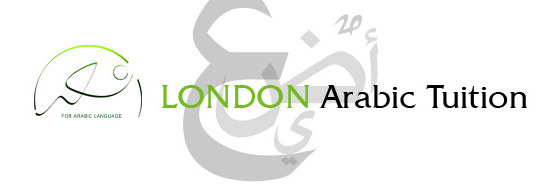Arabic is a widely spoken language throughout North African and the Middle East. More than 280 million people speak Arabic as their native tongue. Another 250 million people have chosen to learn it as a second language. Arabic is the fifth most widely spoken language in the world, behind Chinese, Spanish, English and Hindi.
It is an ancient language, which has been spoken since the second century AD. Arabic is an official language of more than 20 states, and is widely spoken worldwide. It also has the distinction of being an official language of the United Nations, as well as other organisations.
The number of people who are learning and speaking Arabic is constantly growing worldwide.
Is Arabic One Language?
Arabic is one language with several dialects. The main Arabic dialects are Egyptian, Levantine, Iraqi and Gulf.
English is a single language which has more than one dialect, depending on the location where it is being spoken. People who live in England, Australia, America and Canada all speak English, but they are not speaking the same dialect of the language.
Each location has a different accent, for example. The words and expressions used in conversation vary, depending on the country. Language and expressions also varies within different regions of the same country, and there are regional sub dialects of English that are used by different groups.
What is Gulf Arabic?
Gulf Arabic is a variety of Arabic which is spoken around the coasts of the Persian Gulf in Kuwait, Bahrain, the United Arab Emirates, eastern Saudi Arabia, Qatar and northern Oman. There are about five million native speakers of Gulf Arabic worldwide, and many more people who have learned to speak it as a second language.
The differences between the main Arabic dialects are small enough that people from different nationalities will be able to understand each other reasonably well, even if they are not speaking precisely the same language.
Why Learn to Speak Gulf Arabic
Why would you decide to learn to speak Gulf Arabic, as opposed to one of the other Arabic dialects? There are a couple of reasons:
• You are planning to travel to a country where Gulf Arabic is spoken.
When making plans to go on holiday in an Arabic-speaking country, be sure you investigate what type of Arabic is spoken in your destination. That is the dialect you will want to concentrate on learning before you leave.
If you want to feel more comfortable interacting with local merchants, cafe owners, taxi drivers and other people you meet while you are traveling, you will want to learn how to have conversations in the local dialect.
Taking the time to learn to speak Gulf Arabic will make your stay, whether it is a short or lengthy one, much more enjoyable. You will be able to appreciate the local culture and the events much more if you can understand what people are saying and are able to ask questions of your own.
• You are interested in or have obtained employment where Gulf Arabic is spoken.
If you are going to be working in a country where Gulf Arabic is spoken, you need to learn to speak the language. It’s an essential part of being able to fit in with your colleagues and doing business in this part of the world.
Your customers may choose to speak English if you have been transferred to the region by a foreign company; however, taking the time to learn to speak Gulf Arabic and being able to converse in the local language will certainly be appreciated by your company’s client’s 
Learn Gulf Arabic with London Arabic Tuition
The London Arabic Tuition of language learning is a personalised way of learning spoken Arabic. You can enrol in private lessons where you study one-on-one with a teacher, either in person or through our online Arabic teaching platform. The course is personalised to meet your specific needs and requirements.
You can move through the material at your own pace. Move forward more quickly through material that you are learning easily and spend more time on parts of the language when you need to. With daily practice, you will be speaking Gulf Arabic in hours, not months. Contact us today to learn more about our program.



Leave a Reply
You must be logged in to post a comment.